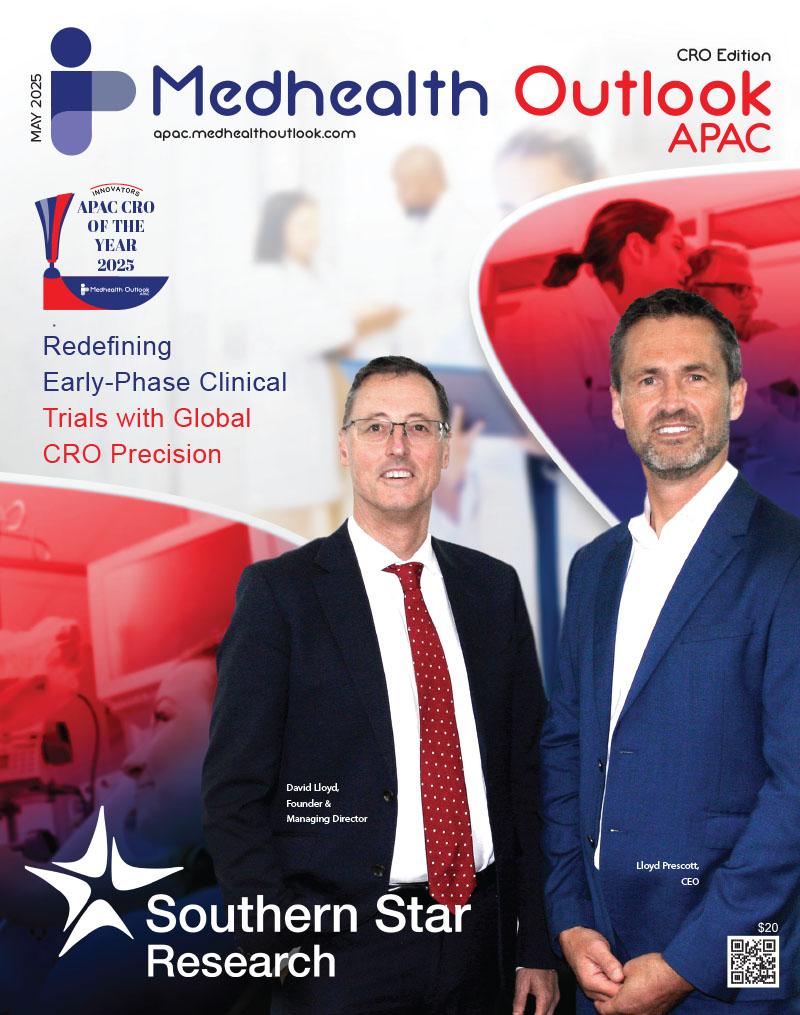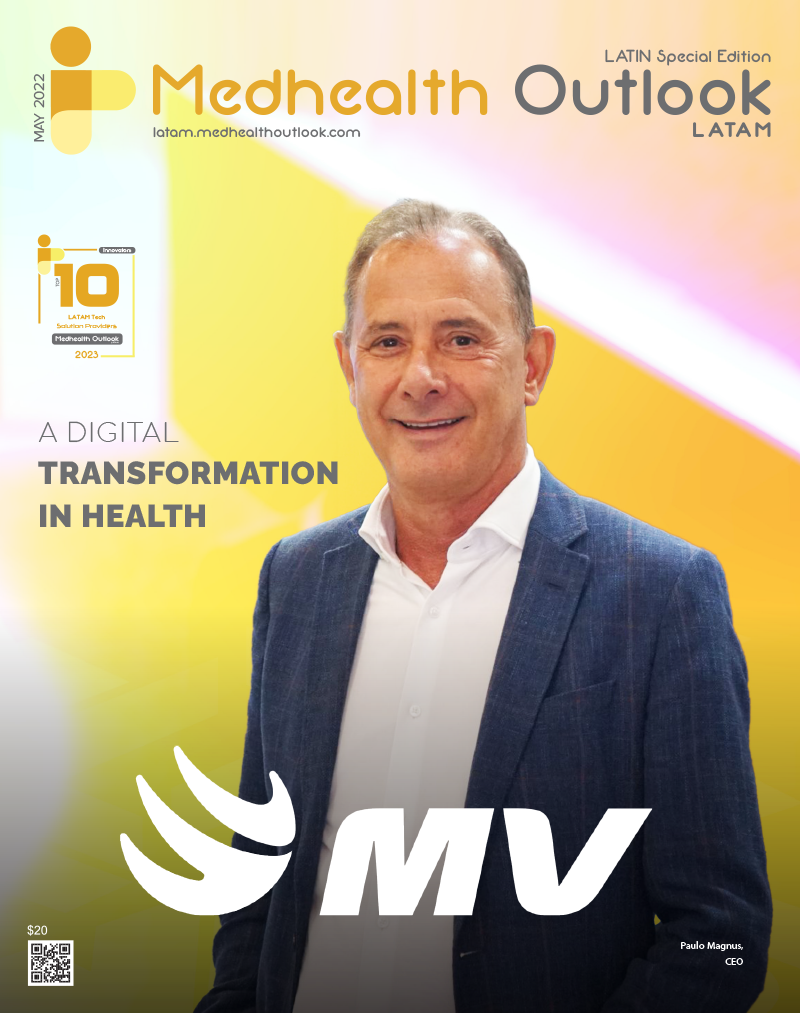Background
The article aims to draw close attention and reiterate on the clinical relevance of bridging existing gaps from published results of randomized clinical trials (RCTs), passing through Real-World Evidence (RWE) data, and their final landing into clinical practice based on available information and clinical experience.
Moreover, main scope of the discussion is to explore alternative patient centric treatment approaches based on the entirety of clinical data with focus on how patient-disease self-management can be achieved or improved for the treatment of rare/orphan kidney diseases where there are already approved medicines or for any other treatment, which might come to fruition in the future.
A recently presented research project aims to generate discussion within involved communities
Key consideration is to start from the very basic and to reflect on past and successful experiences from other therapeutic areas, even if different in etiopathogenesis, but similarly characterized by many comorbidities with acute and long-term complications. In this specific case, for instance, the example of insulin and non-insulin dependent diabetes mellitus and patient-self disease management should be carefully considered. In this disease, in fact, patient empowerment went very well, hand to hand with disease management starting from biomarkers identification and validation (HbA1c and capillary blood glucose), leading towards the development of continuously improved glucose monitoring devices in term of their accuracy and precision over the past two decades and finally landing on personalized treatment algorithms, which can be tailored to every single patient.
To explore the concept further, a research project was recently initiated and presented at the ISPOR conference in Boston last May 2023. The project focuses on rare/orphan kidney diseases and aims to identify solutions via development of personalized treatment algorithms where some pharmacological treatments are already available. This is a group of diseases mostly characterized by a large/unmet medical need with only few available therapies, but all characterized by several limitations in terms of consistency of efficacy and/or tolerability over time.
Relevance of generating new Real-World Evidence (RWE) in rare and orphan kidney diseases is crucial. This is obvious due to the complexity of the diseases, their complications and associated comorbidities with severe disease burden and major impact on people’s quality of life.
Undoubtedly, scarcity of available clinical data from RCTs and RWE represents a significant issue. Firstly, there is indeed an urgent need to access the entirety of the clinical data, including those from unpublished clinical studies. A published analysis from rare diseases reported that 118 over 460 completed trials in this area were unpublished. This data, if available, would be crucial for improving the quality of clinical study designs and future clinical research.
Furthermore, by bridging an existing gap between RCTs and clinical practice it is relevant to people, especially to those affected by rare and orphan kidney diseases where a pharmacological treatment is no longer effective or is poorly tolerated. This is per se challenging as many of the involved diseases are indeed characterized by relevant co-morbidities, complications and carry a high mortality rate. Where treatments of these diseases are available, RWE data generation plays a crucial role for filling some of those existing and identified gaps. A personalized treatment approach in most of these cases is still lacking today (Figure 1). Ultimate scope of the research project will be, in fact, to try to generate more personalized treatment algorithms to enhance ‘patient empowerment’ and disease-management. The concept is not new and is based on past and successful experiences in other therapeutic areas, such as diabetes mellitus.
Final considerations and points of reflection
Biomarkers identification, validation and utilization is the very first key step in this research project. The approach requires investing all available efforts to build valuable treatment-algorithms. As mentioned earlier, this is based on established models with successful experience in the past in insulin and non-insulin diabetes mellitus. It is the very essential ‘conditio sine qua non’ to ultimately allow ‘patient empowerment’ through an effective and personalized treatment management.
Many rare/orphan kidney diseases are today still untreated or are very difficult to treat. These are characterized by multiple challenges (i.e., unknown/scarcity of available data, lack of validated biomarkers, non-existing treatment algorithms, etc.).
From the very start, through a more in-depth understanding of the ‘patient’s journey’ and people-driven experience, by capturing those most meaningful clinical symptoms in clinical study designs, rather than regulatory-driven endpoints only, this would be highly relevant to people affected by those diseases where some pharmacological treatments are available. The approach could help to better fill some of those gaps from the very start by capturing only meaningful patient experience with the most relevant patient-focused endpoints.
Operationally, by improving affordability and quality of visit assessments in more innovative clinical study designs, by reducing the number of visits to the very essential, decentralizing clinical studies wherever this was possible, all this could help very much to conduct and to make more affordable complex by nature clinical studies in rare/orphan kidney diseases arena.
Focus should remain on optimizing the use of already existing clinical data by looking at stratified subgroups and clinical symptoms and comorbidities from both published, but also from unpublished results. This approach encompasses RCTs and their application in clinical practice passing through a fine-tuning approach in RWE setting. By generating new data in RWE, i.e., from registry-based available platforms, this would be highly relevant for improving data accuracy and precision-medicine.
Personalized treatment algorithms are common in other disease areas, such as diabetes where robust evidence has been gathered through the years to show the benefits of patient empowerment in diseases management. We are not there yet in orphan/rare kidney diseases. This research project aims to explore if a common path is also feasible through identified biomarkers for at least some of the above-mentioned diseases.












